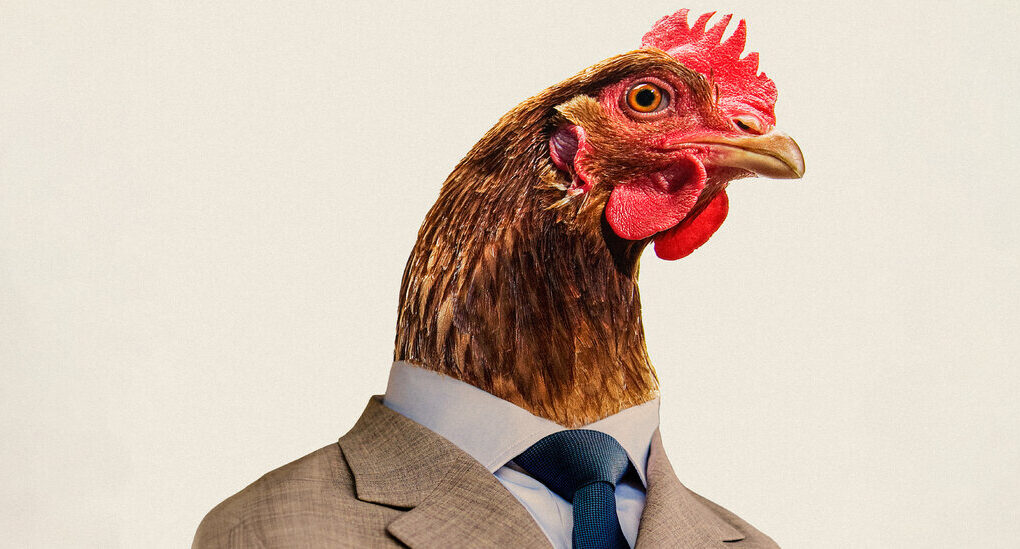With the loss of the jury trial, Biden’s plan to address competition in the meat industry appeared to falter. Still, criminal trials were just one part of the strategy. The Department of Justice could still bring civil cases against the poultry processors. Less than three weeks after the bid-rigging trial ended in defeat, the department’s Antitrust Division sued poultry processors again. This civil suit focused on another type of illegal anticompetitive behavior: wage suppression.
Every year, usually in May, representatives from about 20 poultry-processing companies, which collectively employed 90 percent of the industry’s workers (a total of roughly 240,000 in 2020), flew to a secret meeting. They called themselves the Poultry Industry Survey Group. In 2000, they hired a small consulting firm based in Pennsylvania — Webber, Meng, Sahl and Company — to conduct a detailed annual survey about each company’s current and future pay rates. The firm’s president, Jonathan Meng, later said in a declaration to the court that he would deliver a PowerPoint presentation with big-picture takeaways, then he would leave and the executives would meet behind closed doors, sometimes for another full day. Each company paid Meng $995 for the service, a fee that went up to $1,100 in 2018.
Over the years, according to Meng, he became concerned that his presence was meant to provide a cover for illegal anticompetitive behavior among the group’s members; sometimes he warned the conference organizers that they were violating antitrust laws. But he didn’t quit the job. In 2017, fearing legal action, the group members dubbed him their “Antitrust Guidon,” using a military term for a flag flown when a commander is present, and asked him to ensure that no one broke the law at the conference. Despite the precaution, some participants’ corporate counsels forced them to drop out of the proceedings. Meng’s 2019 presentation made an attempt at gallows humor. Paraphrasing Shakespeare on a slide that listed the recently exited companies, he wrote, “The first thing we do, let’s kill all the lawyers.”
Later that year, following a private investigation, lawyers filed a class-action lawsuit, Jien, et al. v. Perdue Farms, Inc., et al., against Meng’s company and members of the Poultry Industry Survey Group, including all but one of the companies involved in the separate price-fixing case, on behalf of employees who claimed that the conferences amounted to a wage-suppression conspiracy. As part of a settlement, Meng outlined his role in the conferences in vivid detail in the declaration to the court. In the document, Meng maintains his innocence, portraying his company as an “unwitting tool” of the processors’ misconduct. (He could not be reached for comment for this article.)
The Justice Department evidently was not persuaded that Meng’s firm was an “unwitting tool,” because it named him as a defendant in a civil complaint filed in July 2022 against Cargill, Sanderson Farms and Wayne Farms. (The complaint also referenced 18 unnamed poultry-processor co-conspirators.) Relying heavily on Meng’s declaration to the court, the government claimed that the processors “artificially suppressed compensation” and “deprived a generation of poultry-processing-plant workers of fair pay set in a free and competitive labor market.”



